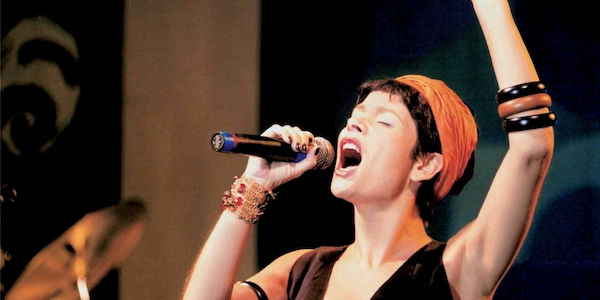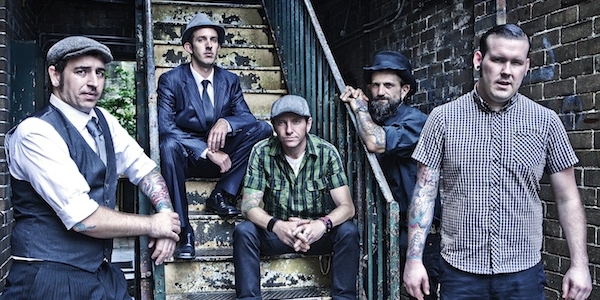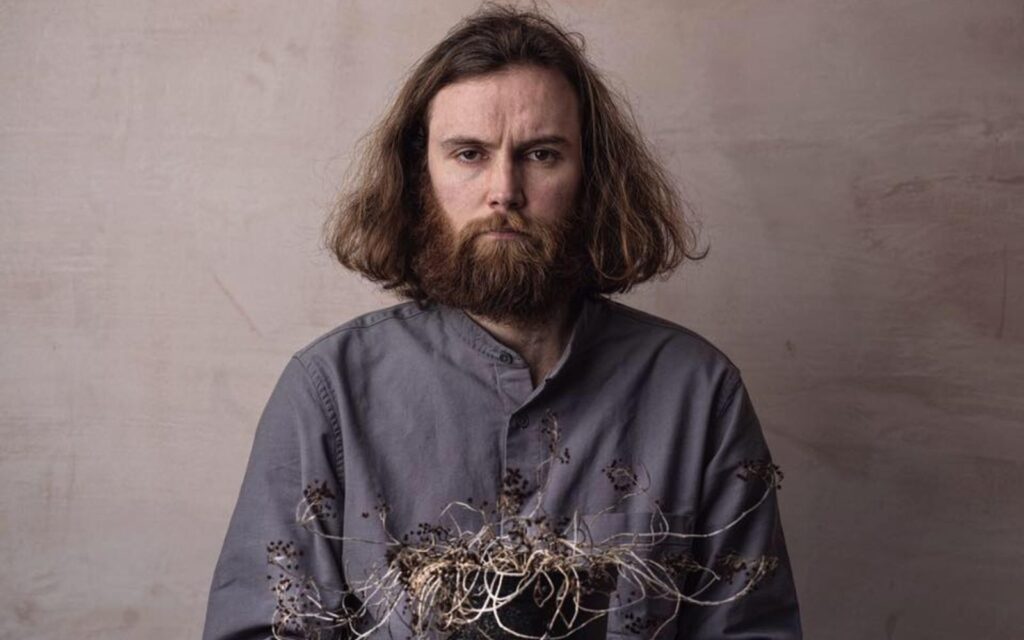New Zealand based Brazilian chanteuse Alda Rezende is perfectly aware that although her success as a singer has seen her travel the world, when it comes to visiting Australia, she realises she is starting more or less from scratch. With her visit coinciding with the eclectic Pura Vida Latin Music Festival, her diminutive ego allowed her to listen to the festival organisers as they contemplated the best way to promote her visit.
While she may well proudly be ‘The Girl From Minas’, the chance to perform in a titled show gives her a chance to open Australian hearts not only to her diverse sound and scintillating tones, but also educate about her home terrain. While Minas Gerais is a locale of great stature, it is little known on a global scale despite its heritage steeped in historic significance. Before we move onto the event itself, Rezende charges forward with an educative introduction to her home. “It gave Europe tons and tons of gold in the 18th century, very discreetly. I guess we are not very good at blowing our own trumpet. And we are inland, so not a lot of tourists.”
“In the recent years the government of Minas Gerais started to found a great program, Musica Minas, founding airfares for musicians invited to participate in significant events abroad. Some of them are in fact participating in this festival. So, soon, we, the girls and boys and bands of Minas will be more known.” With Minas Gerais proving to be far from just historically significant, Rezende is staunchly proud of the region’s cultural acclaim. With the festival brimming with other performers from South America, Rezende is pleased to be able to use her slot to show off the sounds she grew up with. “”I think it’s a good idea because Minas music is very plural, it has a beautiful and vast repertoire to chose from, songs I grew up with, songs from the new generation of composers.”
“The music of Minas in known in Brazil for being very harmonically rich, its heritage is at the same time African and baroque, at the same time folkloric and modern. But still quite unknown out of Brazil.”
With ‘The Girl From Minas’ providing the perfect platform for a journey of personal rediscovery, it is clear that Rezende has poured her heart and soul into ensuring that her show will be entertaining, engaging and educational. “This concert was conceived especially for this tour in Australia. I put together an ensemble of sensational musicians performing a very sophisticated repertoire of MPB -Musica Popular Brasileira. The repertoire will include a lot of songs from Minas, from Clube da Esquina, and also other Brazilian styles.”
“The band features one of the greatest Brazilian drummers, Esdra ‘Nenem’ Ferreira, in Australia especially for this concert.” Having spent time thinking about the concept and composition for the show, Rezende is using the occasion to unite musical talent both from her home country and the international stage.
“Also performing are two brilliant young musicians from New Zealand: saxophonist Lucien Johnson and guitarist Alistair Campbell. From Sydney two outstanding Australian musicians: bassist Jonathan Zwartz and pianist Marcello Maio and last, but not least, me. We’ll be a powerful sextet playing remarkable music. I’m totally looking forward to it.”
While Rezende is an ardent believer that music is just a powerful element of performance as lyrical connection, she does reveal having had initial apprehensions as a young performer about presenting songs in a language foreign to her audience.
She admits, “It was a surprise for me the first time I sang Brazilian music to a foreign audience to see that people indeed got really emotional and moved about songs although they didn’t know what they were about. Especially because one of the things I most love about Brazilian music is the quality of the work of the lyricists.”
While her initial reaction had been one filled with reservation, she learnt that lyrics themselves were only key to a portion of their potency – their power is only fully realised when partnered with a truly connected performance.
“But I think the secret to connect with the audience is to be connected with the music and the people making that music with you. To let the music take over. I like to think of myself as an instrument of music when I sing, not as myself. It’s knowing that a talent is a joy and a gift to be shared with whoever wants to receive it and having fun yourself. The audience feels it and gives it back to you, and then you can give back some more. That is a sort of communication that overcomes language barriers. Singing can feel like a very “naked” thing if what you are focused on are that people are watching, if you are moving in a funny way, and that you should have that strange thing called ‘stage presence’. How very frightening.”
BY DAVID HUNTER







